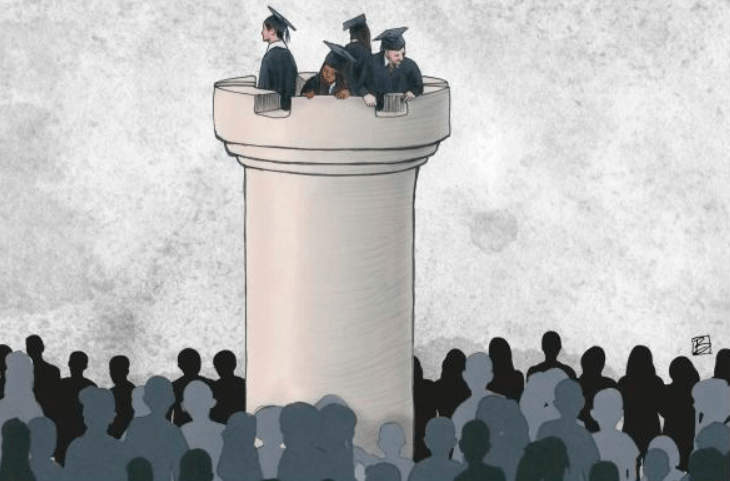READERS RESPOND TO THE CODE ISSUE
In June, I read the entire special double issue of Bloomberg Businessweek on computer coding (Paul Ford, “The Code Issue”, 6/15/15–6/28/15). As I posted in late June, I knew then that I had come across something that powerfully stands out, something that is extra special. The entire issue is devoted to helping the readers understand how computers work and what writing code involves. It covers technical points, mathematics, the culture and quirks of coders, and how coding fits into the larger business world. It is a very big topic to cover, yet Bloomberg Businessweek does so in a very informative, thorough, and occasionally humorous fashion. I thoroughly enjoyed the lengthy read.
Although I feel the issue is an indispensable read in today’s world, I sadly realized that many folks simply would not take the time. Therefore, beginning in late June and through yesterday’s blog post I simply shared what I felt were the most interesting, timely, and exquisite quotes from the issue and with minimal commentary from me. Most of them speak for themselves very well. Whether you are a hardcore geek, a coder, a PC novice, someone who just never thinks about coding, or a technophobe, perhaps you found something of value in at least some of the segments I shared.
I enjoyed all the responses and comments that came my way regarding some of the quotes. Additionally, I was especially impressed by the feedback that went directly to Bloomberg Businessweek from its readers (“Feedback: What Is Code?” 6/29/15–7/5/15, p. 6). For example, Matt Regan gives the issue this assessment:
“ One of the most original and entertaining pieces I’ve read in a long time. Excellent work!
And hilarious. ”
The accolades from folks directly involved in the industry are especially meaningful. Vishaal Kalwani writes:
“ Literally every line of your article was something that resonated with me. It seemed like you went into my head, took every original thought and feeling I have about programming, and then decorated it with beautiful prose. ”
Karl Beecher offers words of commendation for the honesty of the piece in addressing some of the injustices in the field:
“ As a fellow programmer, what I really appreciated was your attention to some of the undesirable behavior in the industry: the misogyny, the religious attitudes to programming languages, the endless conferences which often just reinforce tribalism and hierarchy, etc. These are all things that have really bothered me over the years, yet I’ve usually found that no one else around me even sees these problems, making me feel something of an outsider in my own industry. So it was really refreshing to read the words of a programmer who expresses these problems in a way that strikes such a chord with me. ”
Finally, Marty Leisner commiserates over the perpetual problems of human nature, meetings, and logic while trying to execute coding projects:
“ With software, you generally can’t have consensus—my experience in meetings is, whoever is the loudest for the longest wins. If a car was done in software, the software engineer would say: ‘Let’s put the gas pedal on the ceiling and the brake pedal in the back seat.’ The manager, who has no clue, would say, ‘Sure, try it.’ ”











